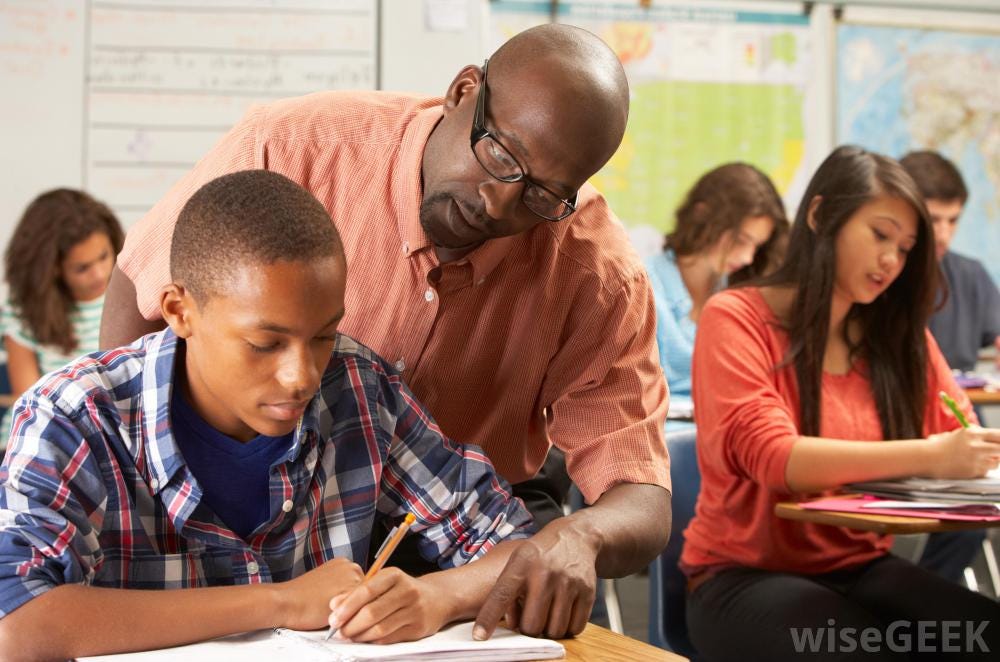I got an email this week from a student who had just completed one of my modules. Reading it made me feel relieved, happy, and thankful, but not because the student had mastered project management - that wasn’t in any way the most important thing here.
Here’s the email:
I just wanted to leave you a quick personal thank you for the personal journey that your module has brought me on this semester. Apart from the academic learning, I really felt this module has been amazing for my outlook in the world, my self-belief and my mental health.
Since taking your class I have begun reading more, looking after myself physically and mentally and am now beginning work with a therapist in the coming weeks to help me further and deal with some issues I have been having. No doubt for the rest of my career and life, I will look back to you and your class as a key milestone along my life journey.
In normal circumstances, I'd love to buy you a pint and spin a few yarns but this will have to do for now! Many thanks again Joe, you really have had a positive influence on my life and my trajectory which will not be forgotten. If you ever need anything in return or favour in the future, you know where to find me.
I stopped using the term lecturer a good while ago, and now when asked what I do I describe myself as an educator. And as an educator, I firmly believe that my primary goal is to help those who I have a chance to work with for a while the chance to grow, develop and explore new ways of being. We couch these journeys in module descriptors, assessment criteria, and subject definitions, and yes, the knowledge gained in these areas has value. But the real, deep, intrinsic value of the teacher/student relationship goes far deeper than this.
Another educator I admire is Dr Lollie Mancey. I recently had the pleasure of interviewing Lollie for my Plus One podcast (the episode is available here), and she had a wonderful description of the outcome from her programme in creative entrepreneurship - “the students … come out with a different version of themselves - more confident…”
I often open up my courses by saying that “… my job is to re-wire your head. If you are thinking and processing situations the same at the end of this programme as now, I will have failed.” The students look at me blankly, not really “getting” it - then. But it’s amazing how many of them bring that phrase back up months or even years later in the conversation, as they look back over the transformative nature of their educational journey. It stuck with them, and after the fact, they have connected those dots - their brains have been re-wired and they know it.
I’m sometimes flummoxed when talking with other “academic” colleagues - not many, but some - who proclaim that they are not there to offer pastoral care to their students, that they don’t have time to be dealing with “all that stuff”. I feel that this approach loses sight of what is actually really important - far more than any specific discipline-related knowledge. Our primary task is the need to see each other as people, with hopes, fears, challenges, and insecurities. And education is a place where such insecurities are often surfaced, opened up in a crucible of public challenge, competition, and measurement. If we are not careful, the aim of positive development and transformation can very easily be turned into a toxic scenario of self-doubt, feelings of not being “good enough”, and spiral down into outcomes far less positive than the ones we seek to accomplish.
In the past year, our students and educators have all been put under hitherto never before experienced levels of change, stress, and challenge.
Never before has it been so critical for educators to share, openly, that “it’s OK NOT to be OK”.
Never before have we as educators needed to give our students the time, and safe spaces to express their feelings of challenge, insecurity, and doubt.
Never before has it been so important for educators to be flexible in delivery, expectations, and assessment as everyone weathers this global pandemic storm which has negatively affected so many lives, families, communities, and societies.
But if we do empathize, reach out, and care, then it will have an effect. And if just one of my classes has a positive effect on a student’s self-belief, mental health, and outlook on life, then I consider my job has been done, whatever grades they get…
I’d love to hear your thoughts on this - please leave a comment below…
Thanks for reading this far - do have a look at my summer 2021 project at the Plus One project website, and hopefully give the podcast a listen- there are already some great episodes with more to come on a weekly basis.
Asst. Professor & Director, MSc Project Management programmes, UCD Smurfit Graduate School of Business
Management consultant - www.houghton.consulting
2021 UCD Innovation Academy Fellow
EPALE Ambassador
Dublin, Ireland
Email : joe.houghton@ucd.ie / joe.houghton@gmail.com
Tel: +353 86 384 3670


Thanks for putting this on 'paper' Joe, the caring aspect of teaching is so important, and it brings an opportunity for the educator to learn also.